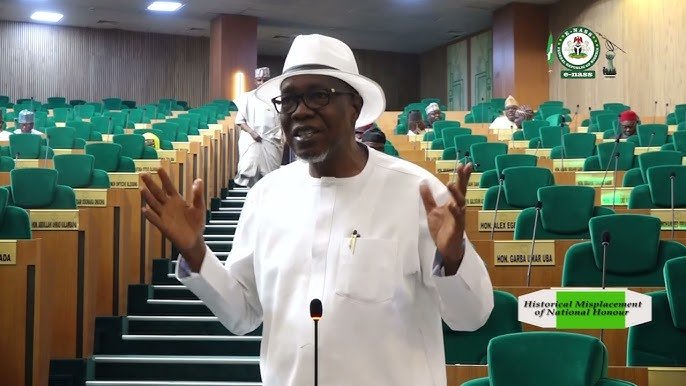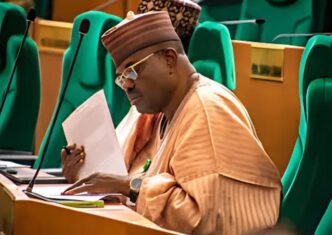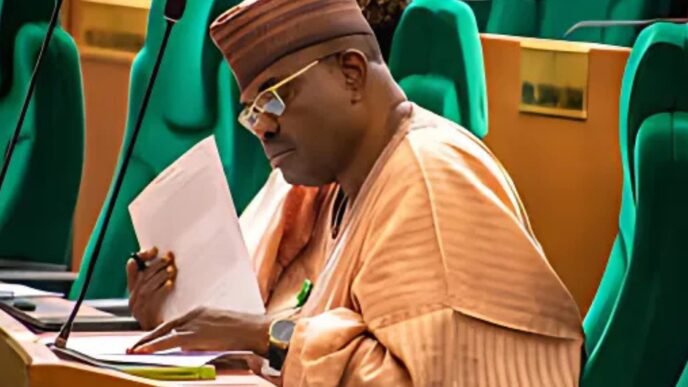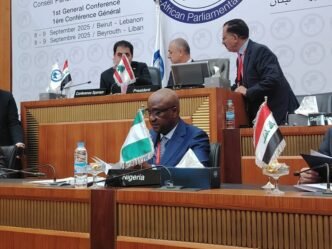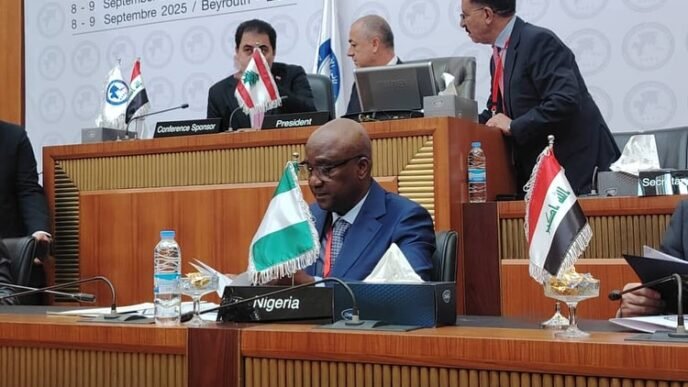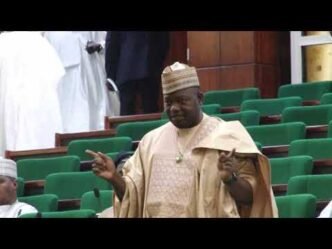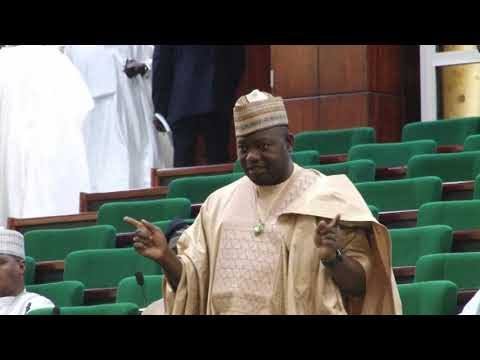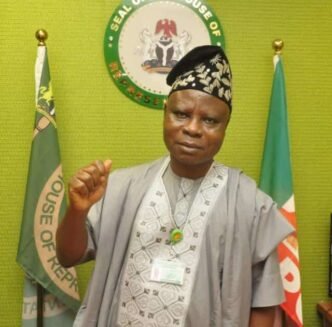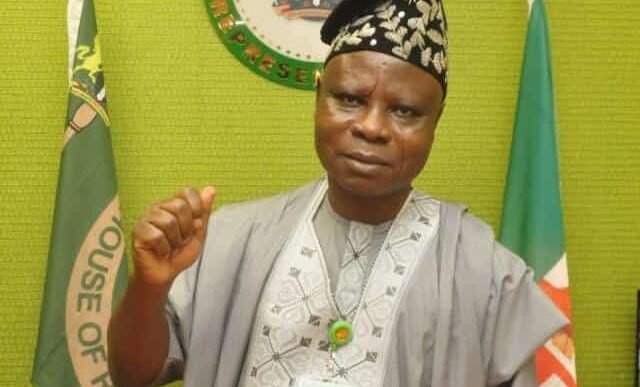HB.1508-A Bill for an Act to Establish Auctioneers Registration Council of Nigeria for the Purpose of Regulating and Monitoring the Business and Practice of Auctioneers and Auctioneering in Nigeria, and for Related Matters. Bill Sponsored by Hon. Julius Ihonvbere. Bill Progress: Third Reading
The ongoing discourse surrounding the regulation of auctioneering in Nigeria has gained renewed attention with the reintroduction of the Bill for an Act to Establish the Auctioneers Registration Council of Nigeria, commonly referred to as HB.1508. This proposal, which aims to create a central regulatory body for the auctioneering profession, has sparked significant debate among stakeholders, particularly between supporters of HB.1508 and advocates of the alternative Chartered Institute of Auctioneers of Nigeria (CIAN) Bill (HB.1046). As the legislative landscape continues to evolve, the implications of these competing bills for the auctioneering sector remain a crucial topic of discussion.
One of the primary points of contention in this legislative battle is the existence of multiple bills seeking to regulate auctioneering within Nigeria. While HB.1508 may aim to consolidate oversight within a single regulatory body, stakeholders from key industry groups, including the Certified Institute of Auctioneers of Nigeria (CIAN) and the National Association of Auctioneers, fervently argue that the CIAN Bill offers a more comprehensive and advanced framework for the industry. The divergent paths of these bills raise critical questions about the future of auctioneering regulation in Nigeria.
Opponents of HB.1508 have laid out several arguments against the proposed bill, which they claim could lead to regulatory and operational conflicts within the auctioneering community. One of the most pressing concerns is the potential for a “double licensing arrangement.” If HB.1508 were to be enacted, auctioneers might find themselves needing to obtain licenses from both federal and state authorities. Many states already have established laws and processes governing auctioneering, and this duplication could create confusion and inefficiencies that ultimately hinder the profession rather than support it.
Moreover, the constitutional implications surrounding the regulation of auctions are another focal point of the ongoing debate. Auctioneering is categorized under the Concurrent Legislative List of the Nigerian Constitution, meaning that both federal and state governments are empowered to legislate on the matter. This arrangement has led to the contention that the existing state laws, coupled with the CIAN’s stance advocating for the CIAN Bill, render the establishment of a federal licensing body counterproductive. Critics of HB.1508 view it as an unnecessary overreach that could complicate the already established legal framework governing auctioneering.
The lack of consultation during the drafting of HB.1508 has also emerged as a significant point of criticism from stakeholders. Organizations like CIAN assert that they were not adequately involved in the legislative process, despite being the leading professional association in auctioneering. This perceived oversight raises concerns about stakeholder engagement and the effectiveness of the proposed regulatory framework.
Another critical issue raised by opponents of HB.1508 is the reference to the “Nigerian Institute of Professional Auctioneers” within the bill. Critics have pointed out that this entity does not exist according to records maintained by the Corporate Affairs Commission (CAC). In sharp contrast, CIAN is a recognized and established body with a history of advocating for professional standards and practices in auctioneering. This discrepancy further fuels the argument that HB.1508 may be building a regulatory framework on unstable or nonexistent foundations.
The legislative journey of HB.1508 has also been marked by controversy. Following its reintroduction in the 10th National Assembly, it has received what some stakeholders describe as “accelerated consideration.” This expedited review process has raised alarms among opponents who argue that it bypasses necessary legislative scrutiny and due process. The speed with which the bill is progressing stands in stark contrast to the CIAN Bill, which has a longer legislative history and has garnered wide-ranging support from auctioneering professionals.
The CIAN Bill (HB.1046) has already passed through both chambers of the 8th and 9th National Assemblies, though it ultimately fell short of receiving presidential assent. This previous momentum underscores its recognition and acceptance among industry professionals. With the CIAN Bill re-gazetted for consideration in the 10th National Assembly, proponents are actively lobbying for its passage while urging lawmakers to reconsider the necessity of proceeding with HB.1508.
As debates continue and stakeholders engage in advocacy efforts, the intersection of regulatory oversight, stakeholder representation, and constitutional mandates remains at the forefront of the legislative discourse. The outcome of this legislative struggle could have far-reaching implications for the future of auctioneering in Nigeria, shaping the landscape of professional standards, licensing requirements, and regulatory authority.
In summary, the battle over auctioneering regulation in Nigeria is fraught with layers of complexity, driven by competing interests and divergent visions of how the industry should be governed. While HB.1508 seeks to establish a new regulatory body, it faces stiff opposition from professional groups advocating for the more established and recognized CIAN Bill. The ongoing dialogue surrounding these bills highlights the need for careful consideration of the impacts that any new regulations may have on the auctioneering sector, as stakeholders continue to push for a resolution that respects their interests and upholds professional standards.

